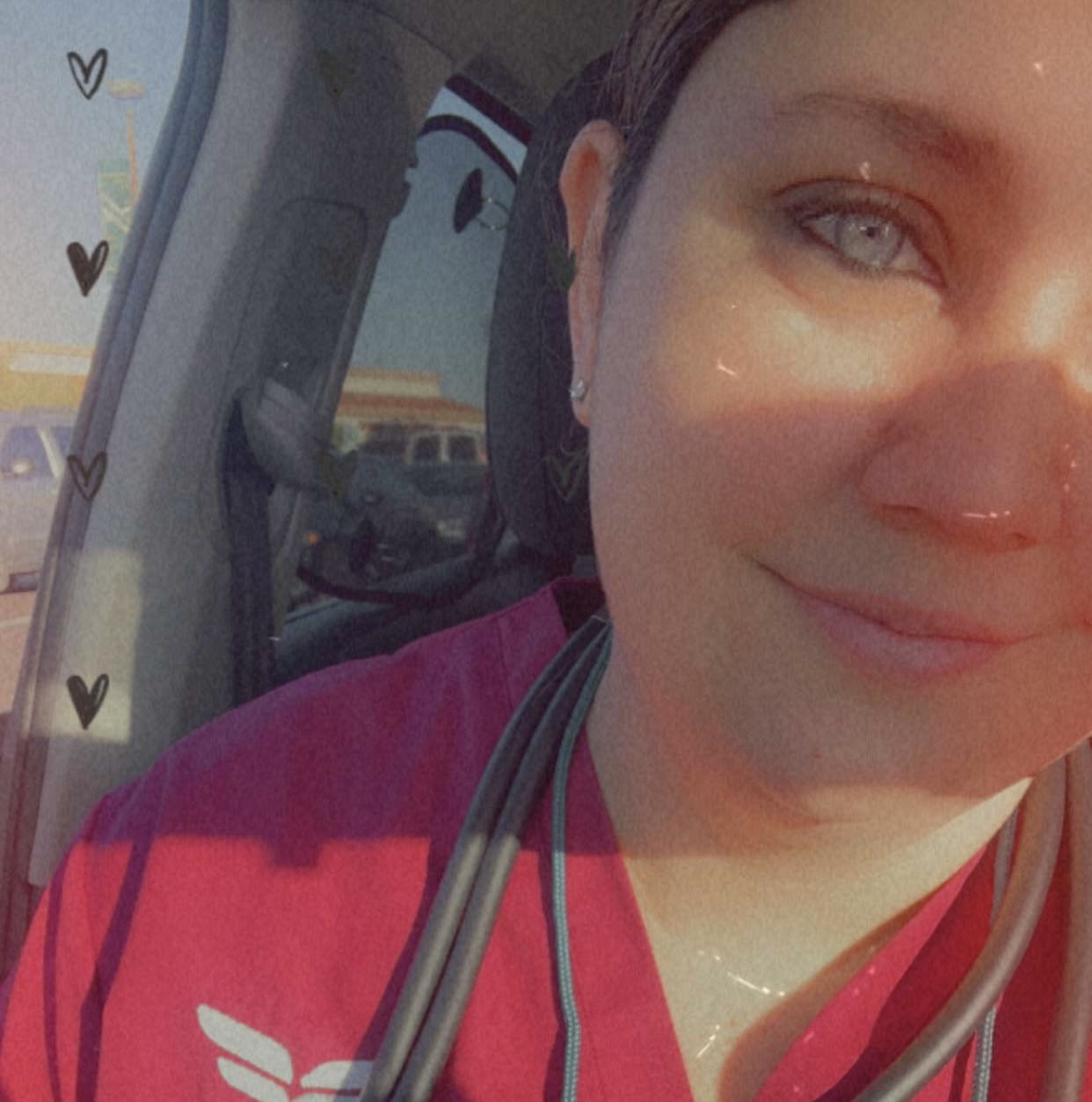Can Medical Assistants Have Tattoos?
| Update: September 03, 2024
Medical assistants come from many different backgrounds, all with an interest in helping patients live happy and healthy life. What a medical assistant wears on their time off is completely up to them, but when it comes to working in a professional setting, many employers have expectations for how their employees will dress and appear.
Most employers only have written requirements around their medical assistants wearing approved medical scrubs, so they can be easily identified by patients, but some employers may have policies around tattoos as well.
Tattoos are becoming increasingly common in North America, and attitudes around them have changed dramatically in the past 30 years, but they are still permanent and should be considered carefully. If you have tattoos or are considering getting a tattoo and are also interested in becoming a medical assistant, you may be curious how that decision may impact your future career.
Before we dive in, if you're interested in becoming a Medical Assistant, consider enrolling in UEI College's Medical Assistant Program.
Can Medical Assistants Have Tattoos?
The simple answer to this question is yes, tattoos may be acceptable, especially if they can easily be concealed. However, because every person, every medical facility, and every tattoo is unique, the answer is never truly simple. Unfortunately, there are still some biases against people with tattoos, and some patients may be offended or intimidated by tattoos. Because a medical office is a professional environment, hiring managers do have to take that into consideration.
In general, any tattoo that is easily covered up by clothing is perfectly acceptable for a medical assistant. Even tattoos on arms can be covered by wearing long sleeves underneath scrubs.
Tattoos that are more visible are more questionable. As long as the tattoo is not offensive, vulgar, or profane, it is generally acceptable.
Can Tattoos Affect Your Performance?
There is no evidence that having tattoos has any effect on a person’s job performance. Many current medical assistants, nurses and even doctors have tattoos and have no problem doing their job.
It has long been believed that having a tattoo, especially a visible tattoo, might make you less employable but research published has found there is less of a taboo around tattoos as there once was, and there is no statistical evidence that having a tattoo affects your ability to be hired. So, the short answer is that tattoos should not and probably will not impact the performance of your duties as a medical assistant.
What Should You Do If You’re Thinking About Getting a Tattoo?
If you are thinking about getting a tattoo but are interested in a career in the medical field, you should carefully consider the appropriate size and placement for the tattoo. To avoid any chance of discrimination, it’s a good idea to get a tattoo only in a place that is not visible or is easily covered up.
Many people view their tattoos as art and an expression of their self-identity. If you fall into this category and still want to get a tattoo where it is visible, avoid anything that may be considered offensive or vulgar.
It’s also a good idea to take into consideration the stage of life you are in. If you are just trying to break into a new field, it may not be the best time to get a tattoo. Allow your employer to get to know you for your skills and your personality first and they will be less likely to be bothered by a tattoo down the road.
Train To Become a Medical Assistant at UEI College
Being a medical assistant is a rewarding career that allows you to play an important role in a healthcare facility. If you have always dreamed of working in the medical field, becoming a medical assistant is a great way to learn more about the human body and how a medical office operates.
The Medical Assistant Program at UEI College can prepare you with all the skills, knowledge, and experience necessary to start an entry-level position in as few as ten months. Call today to learn more about our Medical Assisting Program!





